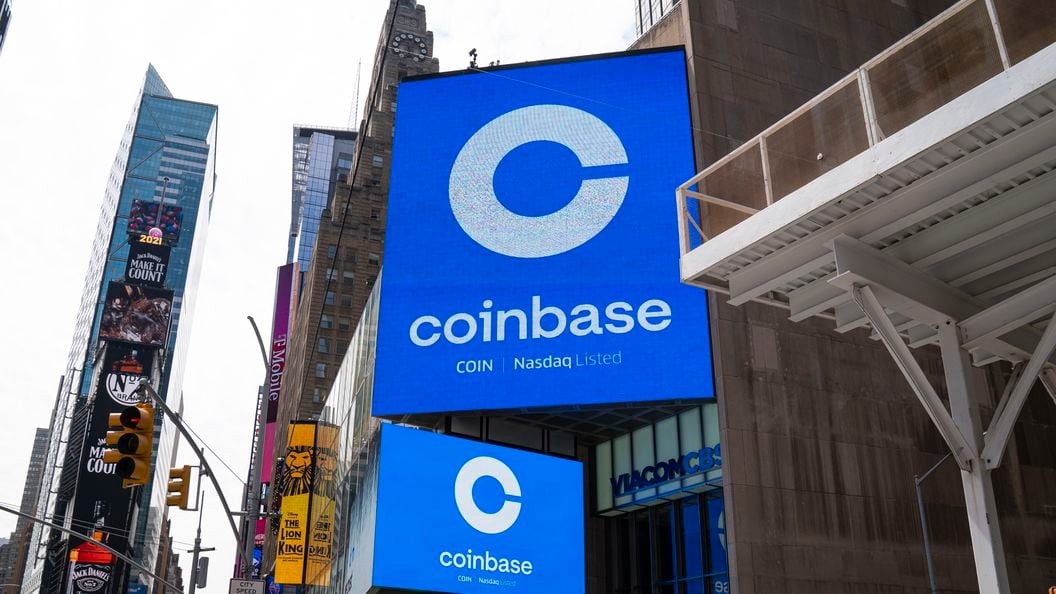Paul Grewal, the Chief Legal Officer at Coinbase, has publicly voiced his concerns regarding a recent report by the United States Government Accountability Office (US GAO). This report, published on December 13, 2023, and followed by a federal response on January 16, 2024, discusses the use of digital currencies in evading sanctions.
Analyzing the US GAO report’s findings
The US GAO report highlighted the risks posed by digital assets like Bitcoin in the enforcement of U.S. sanctions. It underscored the ability of these assets to facilitate rapid cross-border value transfers. However, the report also acknowledged the decentralized nature and public ledger of cryptocurrencies. This aspect could assist U.S. agencies and analytics firms in tracing transactions and identifying illicit activities. The report further noted limitations in using digital assets as a means of payment and suggested that implementing global standards could enhance compliance with Anti-Money Laundering (AML) regulations.
Critique and responses to the report
Grewal’s critique of the US GAO report centers on what he perceives as a lack of comparative analysis and an unjust focus on the cryptocurrency industry. He emphasized that, contrary to the report’s implications, the industry invests significantly in legal compliance. Additionally, the report itself contains admissions that cryptocurrencies are not an ideal tool for circumventing sanctions.
Despite this, Senator Elizabeth Warren cited the report to promote stricter AML regulations for crypto companies, akin to those for other financial institutions. The report’s use by Warren has been met with criticisms, highlighting its mention of only a single instance of cryptocurrency being used to avoid sanctions.
Global regulatory landscape and future outlook
The response to the US GAO report extends beyond the U.S., with major global regulatory bodies implementing frameworks to align cryptocurrency operations with AML guidelines. Europe has enacted the Markets in Crypto-Assets Regulation, and Asian countries like Hong Kong, Japan, and Singapore have introduced strict regulations for crypto service providers. These developments point to a growing trend of integrating cryptocurrencies within existing financial regulatory frameworks.
Furthermore, it is noted that the proportion of cryptocurrencies used for illicit activities is significantly lower compared to traditional fiat currencies. The inherent transparency and traceability of blockchain technology often hinder the movement of stolen or hacked crypto funds. Despite these facts, the United States is yet to finalize its crypto regulations, though there are specific policies in place governing crypto service providers.





